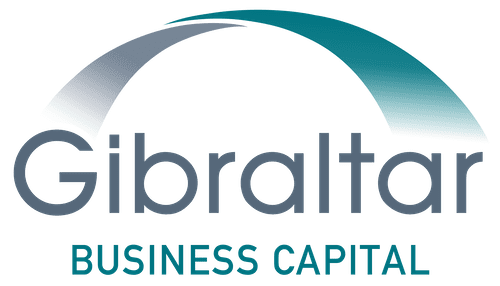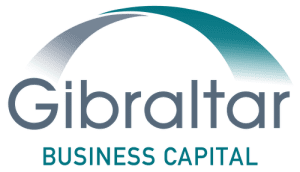Equity is the type of additional capital often focused on by companies looking to finance rapid growth. The big advantage to equity is that it does not have to be repaid in the short-term. The major disadvantage is loss of ownership and some control. There are two basic types of equity capital – public and private. Each has its own set of pros and cons.
1. Public Equity
Going public is the corporate American dream, or at least it used to be. The new capital raised in a successful public offering can dramatically increase a company’s potential for growth, funding technology, research, new product development, new infrastructure, expansion into new markets, and acquisitions. However, not all companies can undertake this expensive and complicated procedure and not all the ones that do are successful.
PROS
- Becoming a public company offers increased prestige and visibility, as well as new capital.
- Public stock can be used to partially finance acquisitions of other companies.
- Stock options can be a form of employee compensation.
- Share price establishes a verifiable valuation of the company.
CONS
- The costs of an initial public offering are high, including underwriter’s commissions and expenses, legal and accounting fees and registration fees.
- On an ongoing basis, the company will have to dedicate money and management time for periodic reports, proxy statements, and audited financial statements that are filed with regulatory agencies and distributed to shareholders.
- Management loses some control to its board and shareholders. Control of the company can even be taken away from existing management by a dissatisfied investor or group of investors with majority control.
- Shareholders may focus on profits, dividends and stock prices, emphasizing short-term strategies over long-term goals.
- Public companies are required to reveal sensitive information on an ongoing basis, including business strategies and financial data that they may prefer not to divulge to the competition.
2. Private Equity
When the stock market is volatile, you may find more individual investors who want to move money from heavily exposed public assets to private-market assets that do not move in step with the market. Since this type of transaction is private, it involves significantly fewer regulations, less paperwork and less public disclosure of potentially sensitive information. It tends to be more suitable than public equity for small-to-middle market companies.
PROS
- Private equity groups will focus on maximizing your company’s growth and profits.
- Companies can receive not only funding but strategic advice and assistance.
- Many private equity groups are skilled at helping companies move through transitional phases and achieve significant growth.
- Private equity deals foster quicker decision making without a large number of shareholders to whom to account.
- Management may have new access to talented external consultants through their equity investors/owners.
- Companies may have improved access to debt financing, based on equity sponsorship and strategic planning.
CONS
- Management loses some control to private equity partners/owners.
- Private equity sponsors may want to reorganize the business, potentially causing the stress of workforce reduction and rapid change.
- There can be pressure to deliver on goals more quickly.
- Inexperienced investors may focus on short-term results.
Gibraltar’s approach to creative, responsive financing solutions works well in concert with private equity sponsorship and we are experienced in working cooperatively with PE firms and their portfolio companies. A combination of debt and equity financing is often the best solution to optimizing growth, especially for companies in transition. Talk to a member of Gibraltar’s expert sales team to learn how asset-based financing and our extensive experience can help grow your business.


